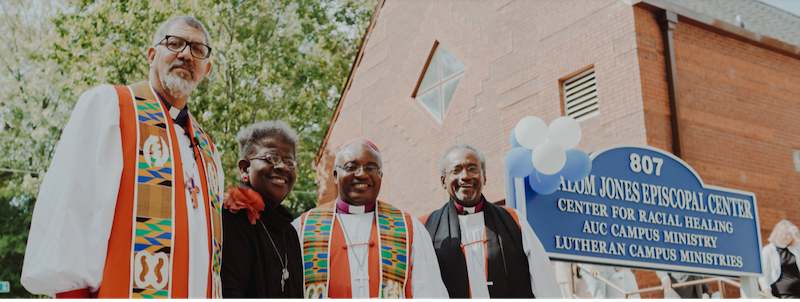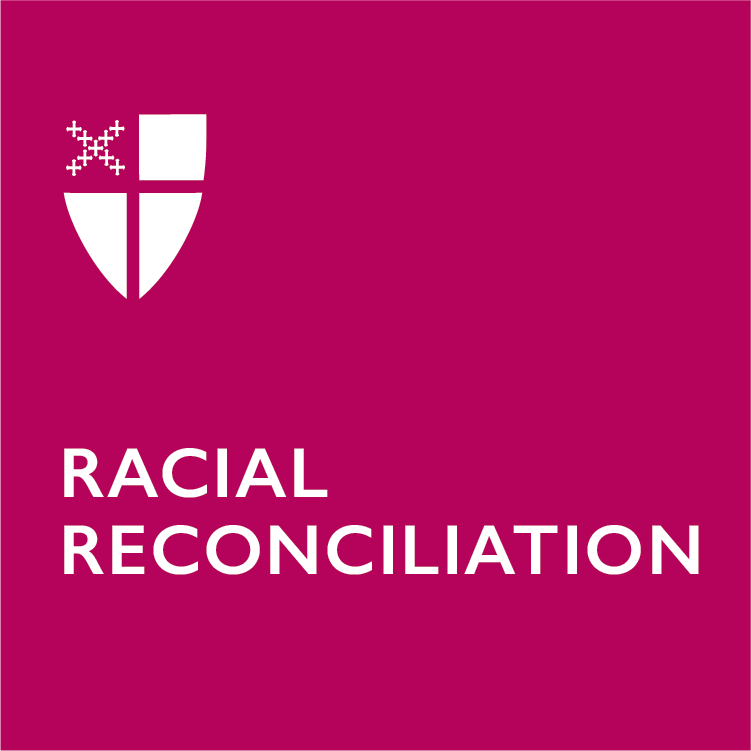By Catherine Meeks

I wonder at times if we are not more in love with the idea of beloved community than we are with the work that needs to be done to achieve it? It is a concept similar to love that is overused and gravely misunderstood. We use this phrase to name our gatherings, such as having the beloved community day when churches swap pastors, or for our committees that are designed to address racism. But it is very critical that we stop and take many deep breaths as we interrogate ourselves about what we hope to achieve by what we are saying and doing.
In the first place, the body which calls itself the body of Jesus Christ is supposed to be a beloved community already. So, what have we done to make it into something other than what it is already in the grand scheme of God’s best intention for us? This might be a very good question with which to begin our conversation. This is not a hard question to answer because all of our healing work around race, gender, class, the environment, and in our prisons holds up the mirror for us to see many of the ways that we have closed out the possibility for the church to be a beloved community.
Along with that we have not loved one another as we have been instructed to do by our Master Teacher, Jesus. One of the most essential ingredients needed for the space to exist for beloved community to be manifested is that we love one another enough to will only the best for each other and to make sure that each of us has what is needed to live the best life possible. The love that sees beyond “faults and assets,” as Howard Thurman says in calling us to live a “Love Ethic.” This is love that gets far beyond the mindless ways in which this word, love, is used to depict our sentiments toward everything from spices to another human being.
When we bring the Love Ethic understanding of love into the equation in the search for beloved community, it shifts the energy and the conversation. We are calling for a true revolution of the ways in which we are doing things today. This is what Dr. Martin Luther King Jr. was speaking about, and it helped get him assassinated. The idea of creating spaces where everyone is treated as a beloved child of God by being given the respect and support they deserve, as well as access to all of the resources that are needed to live their lives as best they can, is not actually in all the minds or hearts of folks who continually in the present moment call for the creation of beloved community. In order to heal the church so it can be the beloved community as intended means to disrupt the energies that work against it. Are we really ready to fall in love with that work and see where the Spirit will lead us? I wonder?
—
Catherine Meeks, who holds a doctorate from Emory University, is the executive director of Absalom Jones Center for Racial Healing.
